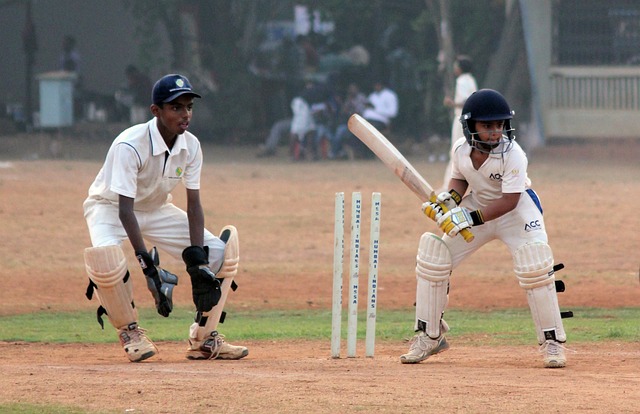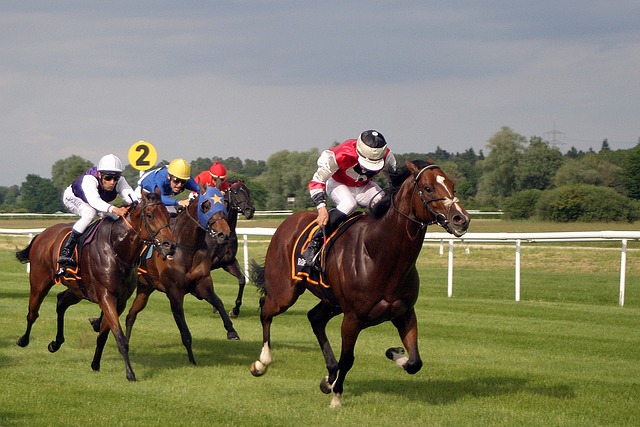Think of a world without smartphones, without the Internet, without online betting; a world where the only tweet was the chirping of a bird and the only “post” was a stone pillar. In that ancient world, gambling was already king, a mad and unpredictable king who played with human fates as if they were mere pawns on a celestial chessboard.
Wisdom and madness: Greece where fate dances
Let’s retrace the dusty paths of ancient Greece. Here, fate sometimes played dice, other times hid behind the shadow of an oracle. The gods, the capricious and moody ones like spoiled children, would place bets on the heads of unsuspecting mortals. Think of Zeus, Poseidon and Hades dividing up the universe by casting lots as if they were pebbles in the vastness of a cosmic ocean. It’s not just a story, it’s a way of seeing the world: everything can change with a simple roll of the dice.
Humans were no exception. Everyone was a gambler, whether they knew it or not. Astragals, small sheep or goat bones, flew from their hands while around them the choirs sang the deeds of heroes who perhaps, just like them, were betting on the outcome of a battle or a love affair.
Madness in power: Rome, where even the emperor plays

In Rome, the frenzy of the game was mixed with the blood spilled in the arena. Imagine an emperor like Caligula who loses his head and his treasure on a roll of the dice. O Augustus, the most powerful emperor, who did not disdain to challenge fate during the Saturnalia, when even the gods seemed to get drunk on wine and madness.
The gladiatorial games, these deadly dances under the burning sun, were theaters of bets and intertwined destinies. Senators, may ethics look upon them with disdain, bet on the lives of men who had nothing to lose but invisible chains. And while the sword cut the air, an entire life could be overturned, like gold coins falling to the ground, shiny and cold.
The game of the soul: Egypt, where the dice are a mirror of the gods
We slide on the Nile, the slow waters carry us towards Egypt, where the Senet, a game that was perhaps more than simple entertainment, reflected the journey of the soul into the afterlife. The pharaohs not only reigned, but they played boldly with gold and power on the gaming table.
Ramesses III, with his eye on the sky as well as the gaming table, gambled like a god having fun among mortals. And in that game, every movement was a dialogue with eternity, every piece moved a step towards immortality or oblivion.
The drama of existence: Asia, where destiny is dressed in mystery

In Asia, ancient China challenged players with liubo, a game that was a mix of strategy and luck. The dice rolled on the table like little thunderclaps, announcing fortune or ruin. Here too, the powerful read the signs like oracles, looking for a message from the gods in the numbers, a secret hidden in the heart of the cosmos.
Conclusion
Across continents and centuries, the essence of gambling does not change. It transforms, it adapts, but it always remains a challenge to destiny, a daring dance on a razor’s edge. Today, as we click for an online bet or wait with bated breath for the verdict of a match, we are not so different from those ancient players.



